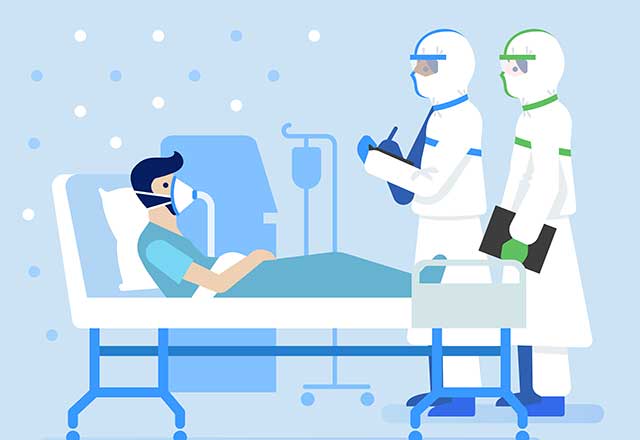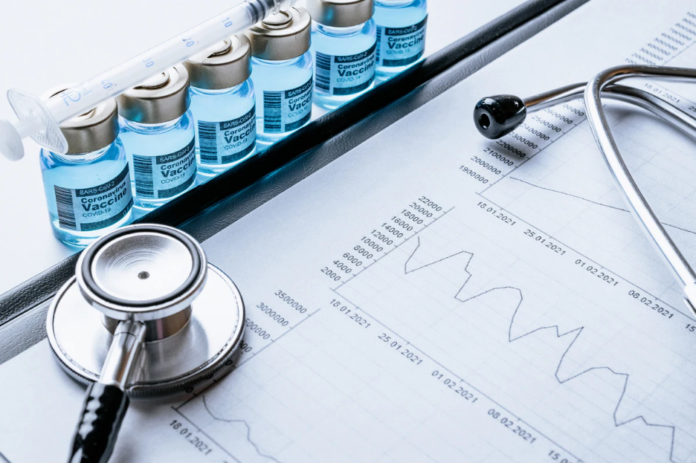Amid the unprecedented surge in COVID-19 cases, experts are advising recovered patients to get themselves vaccinated and do activities to maintain their health.
It has been observed that the SARS-COV-2 virus can leave long-lasting, lingering side effects long after the viral load has depleted. The virus can also affect the functioning of the many vital organs of the body and hamper immune response.
Many patients, who recover from COVID-19 disease, suffer post-covid complications and it becomes difficult for them to live the same old life. Normally, a COVID-19 patient as mild case usually takes around 2 weeks, while a serious infected takes about a month. Apart from testing negative, 8 post-recovery tests are recommended for patients.
Tests suggested for people recovered from COVID-19

1. igG antibody tests: The proteins created by our body’s immune system soon after we have been infected or vaccinated are known as antibodies. The igG antibody tests look for antibodies in your blood to determine if you had a past infection with the virus that causes COVID-19. According to experts, after defeating the infection, the body produces helpful antibodies that prevent future infections. By knowing the level of antibodies, you will get an idea of how immune-protected you are and whether you should donate your plasma or not. To donate plasma, get your igG test done within a month of recovery.
2. Complete Blood Count (CBC) tests: CBC tests are being done to measures the different types of blood cells (RBCs, WBCs, Platelets). Through this test, you will get to know how well you have responded to a COVID infection. This also gives you a guidance about the additional measures that you may need to take post-recovery.
3. Glucose, cholesterol tests: The virus can also cause fluctuation in the glucose and blood pressure levels of a COVID-19 positive patient. Hence, this test is considered as crucial if you have pre-existing conditions such as Type-1, Type-2 diabetes, cholesterol or are prone to cardiac complications.
4. Neuro-function tests: Weeks and months after recovery, many patients report neurological and psychological problems and hence brain and neurological function tests aresuggested to patients, weeks after recovery. It is observed that women over the age of 40 are more prone to brain fog, anxiety, tremors, dizziness and hence, they may need priority testing as well.
5. Vitamin D test: It is proven that Vitamin D is an important nutrient that supports our immune function. Vitamin D supplementation could be crucial during recovery from Covid-19. The Vitamin-D test would give you a fair idea about any deficiency in the body that may have been caused due to COVID-19.
6. Chest scans: Many people who have been recovering from COVID-19 are complaining about problems related to lung. Hence, HRCT scans are advised to know accuracy in detecting disease severity and knowing the level of lung involvement caused by COVID-19.
7. Heart imaging and cardiac screenings: Experts believe that COVID-19 infection triggers widespread inflammation in the body, causing damage of heart muscles, arrhythmias and lead to complications such as myocarditis, which is one of the most common post-COVID recovery problems reported in people.
8. D-Dimer test with a blood sample: D-dimer is a fibrin degradation product that is often used to measure and assess clot formation. Amid the COVID-19 pandemic, elevated D-dimer levels have been associated with disease severity and mortality trends.
Getting proper imaging scans and heart function tests should be a priority for people, especially if they suffered from a moderate or severe infection. People who complain of chest pain as their COVID symptom should take special precautions and schedule tests, warn doctors.





